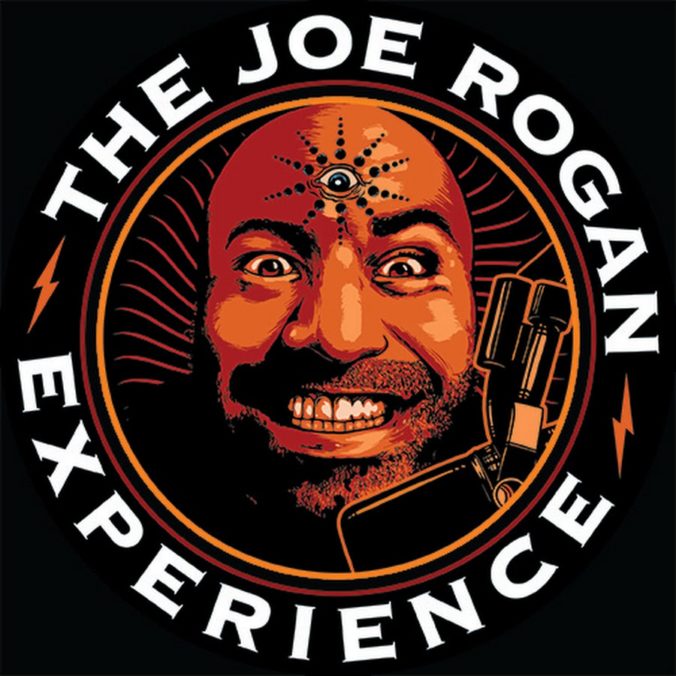News that Joe Rogan will take his popular podcast to Spotify in a multiyear licensing agreement starting in September represents the biggest gamble on exclusivity in the podcast industry to date. Rogan said last year his podcast has about 190 million downloads per month across a variety of listening apps, including Apple, iHeartRadio and Stitcher. But under the deal, which the Wall Street Journal reported is worth more than $100 million, “The Joe Rogan Experience” will only be found on Spotify, meaning for the vast majority of podcast listeners who don’t use that app, his eleven-year old show will disappear.
Rogan, 52, has developed a loyal fan base and comparisons to Howard Stern, who brought many of his listeners to satellite radio when he abandoned the FM dial. But while Stern is said to have earned as much as $100 million per year at SiriusXM, his now three-day-a-week show doesn’t create the same buzz it once did while on broadcast radio. Forbes has estimated that Rogan’s show has about $30 million in annual advertising sales.
Some podcasters had already been chafing at the idea that Spotify aims to play a gatekeeper role in an industry that so far has been ruled by shows being available in as many places as possible. That worry increased when Spotify struck a deal to pay as much as $200 million to acquire The Ringer earlier this year. And because Rogan has been a tentpole show for many apps, his loss could have a larger impact on the industry overall than a typical podcast moving to a new publisher would have.
“The Joe Rogan Experience” will continue to be hosted by Libsyn until September. Rogan said that starting September 1 his podcast would become available on Spotify and remain on other listening apps, and then by the end of the year the show would only be found on Spotify.
The deal will not just have an impact on podcasters, but also Google’s YouTube, where the podcast has been posting video versions. Spotify said it will continue to release “vodcasts” or video clips of the show on its own app, but entire video simulcasts will no longer be available.
Long-term music is a commodity, so if Spotify can have exclusive podcasts to differentiate themselves, that’s worth a lot.
